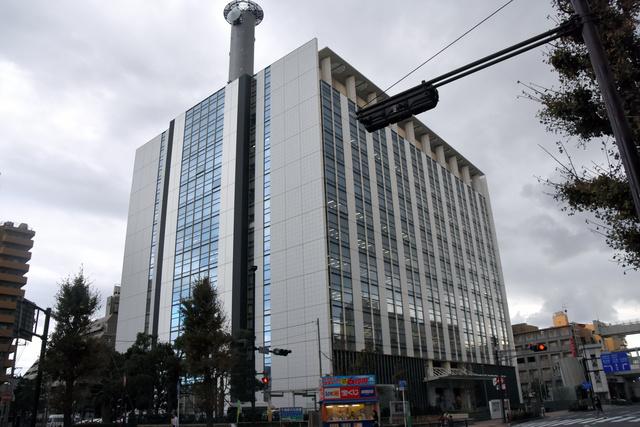The position data given to the inve...
10
07
The position data given to the investigative authorities from Google has increased rapidly, and the "geofense warrant" is threatening people's privosy.
Google's published data has revealed that the number of cases in which law enforcement agencies, such as investigators, etc. in the United States, have increased the number of information claims based on the "Geofense warrant".The geophens warrant is issued for criminal investigations, etc., and is a method of collecting data from all devices that exist at a specific time in the target area, and there are many criticisms.
The law enforcement agency has been charging information based on the geofense warrant since 2016, but the company has revealed the number for the first time.According to Google's report, the number of claims has increased rapidly over the past three years and has been 10 times in some states.In California, 209 in 2018 increased to 1,909 in 20 years.In Florida, more than 800 to 20 years from 81 in 2018 to 20 years, and 7 to 400 in Ohio.
Looking at 50 states in the United States, the number of claims for Google based on the geofense warrant reached 11,033 in 20 years in 2008.This accounts for more than 25 % of the entire data disclosure request from the law enforcement agency.
The possibility that everyone will be "associated"
A request based on a geofense warrant may include hundreds of unrelated people data per claim.In the investigation of an arson case in 1993, nearly 1,500 devices identified data were submitted to the American alcohol, tobacco, and explosive control bureaus (ATF) for one geofense warrant.

Many human rights protection organizations and Privacy protection activists have called for the geophens warrant to violate Article 4 of the United States Constitution, which banned unreasonable investigations.In particular, there are concerns that the protests are targeted for participants in the protest.The information released by Google has revealed how large this is being conducted for US citizens.
"There is always a possibility of being involved," said Jake Lapelk, who is in charge of constitutional examples in the non -profit organization (NPO )'s "government monitoring project."The geofense warrant is basically a large area, so the position information of individuals who are not involved in crime will be reached by the police.
Google, on the other hand, explains, "We are working hard to protect users' privious, while cooperating with the important mission of the law enforcement agency.""We have formulated a process specializing in these requests to reduce the range of data disclosed while performing legal obligations."
Even if you are not involved, it is "guilty evidence"?
Under these circumstances, a request for Google was reported in "Forbes" in late August.Kenosha, Wisconsin, has claimed Google to access the user data of the local museum and the library during a particular time last August, and Google acknowledged it.
These public facilities were affected by arson during protests in protests in which George Floyd died of assault from a police officer.Regarding the museum for two hours, the library has submitted to the authorities, "GPS coordinates and data, data, and device IDs," and time stamps for all those who were there.
It is known that George Floyd's assault death was two days after the start of the protest, and that Minneal Police police had called Google to provide similar data.Police have demanded the device data of all people in "specific areas" in the looting case of the automotive parts chain "Autozone".


![[Kill personally developed games] Top class in app history! Too beautiful water puzzle "a [Q] ua" | Famitsu App for smartphone game information [Kill personally developed games] Top class in app history! Too beautiful water puzzle "a [Q] ua" | Famitsu App for smartphone game information](https://website-google-hk.oss-cn-hongkong.aliyuncs.com/drawing/article_results_7/2022/3/3/66755df992ff2d2b1e1ab43844ef9f88_0.jpeg)





![[Latest in 2021] 10 recommended seat covers for cars!If you want to improve the texture and functionality of the car, choose the mounting type and material. [Latest in 2021] 10 recommended seat covers for cars!If you want to improve the texture and functionality of the car, choose the mounting type and material.](https://website-google-hk.oss-cn-hongkong.aliyuncs.com/drawing/article_results_7/2022/3/3/e5b44589e77141f3a633189165fb6f60_0.jpeg)